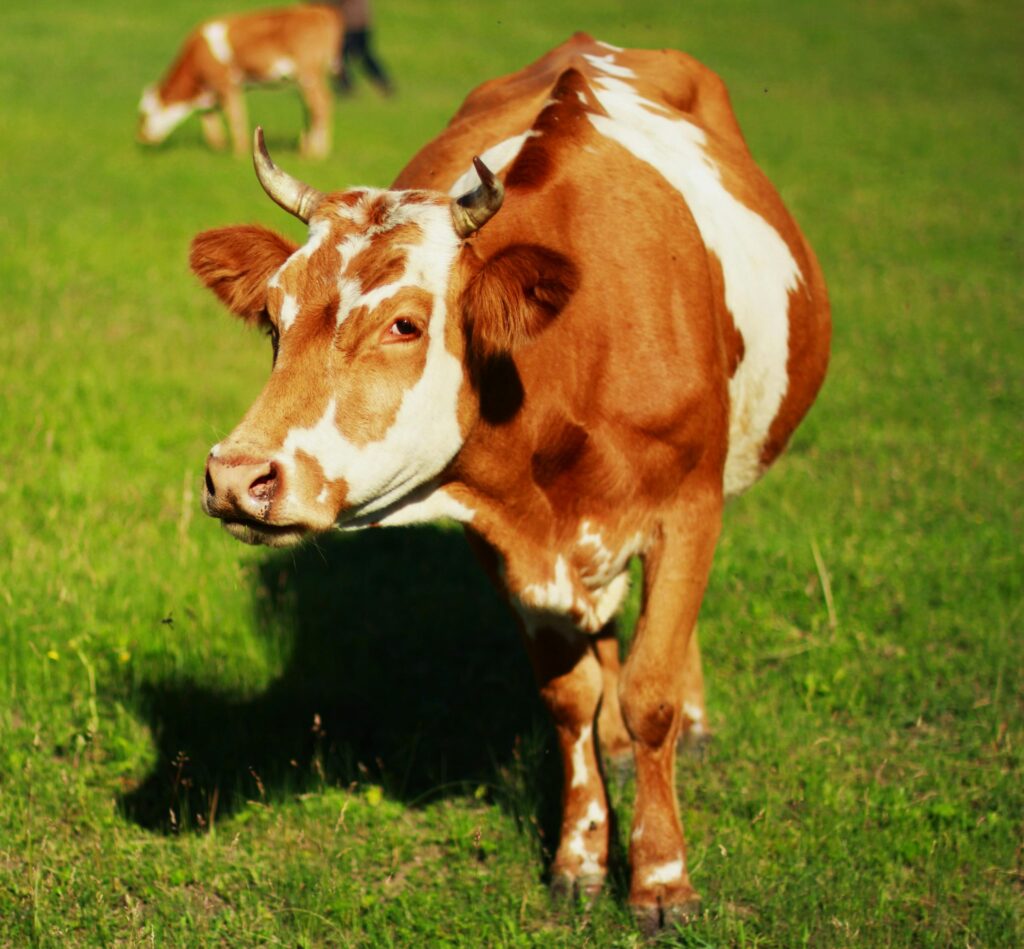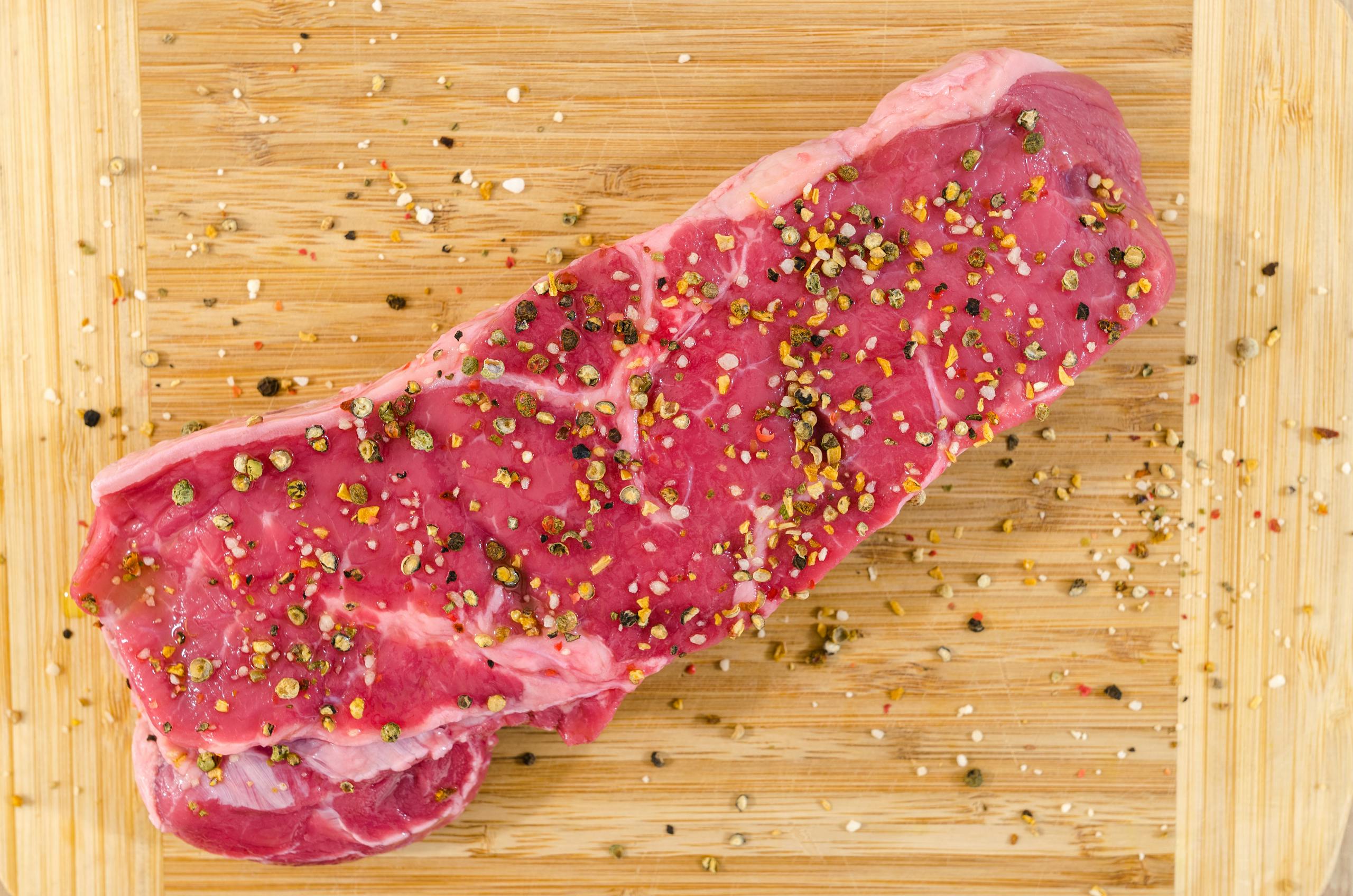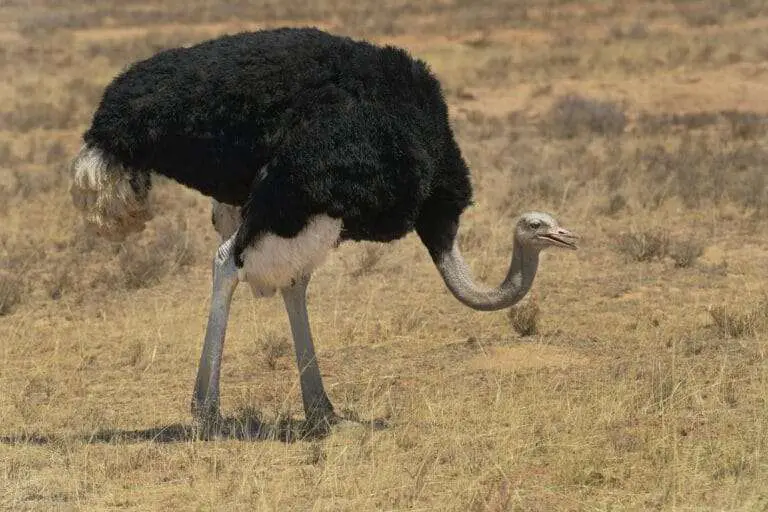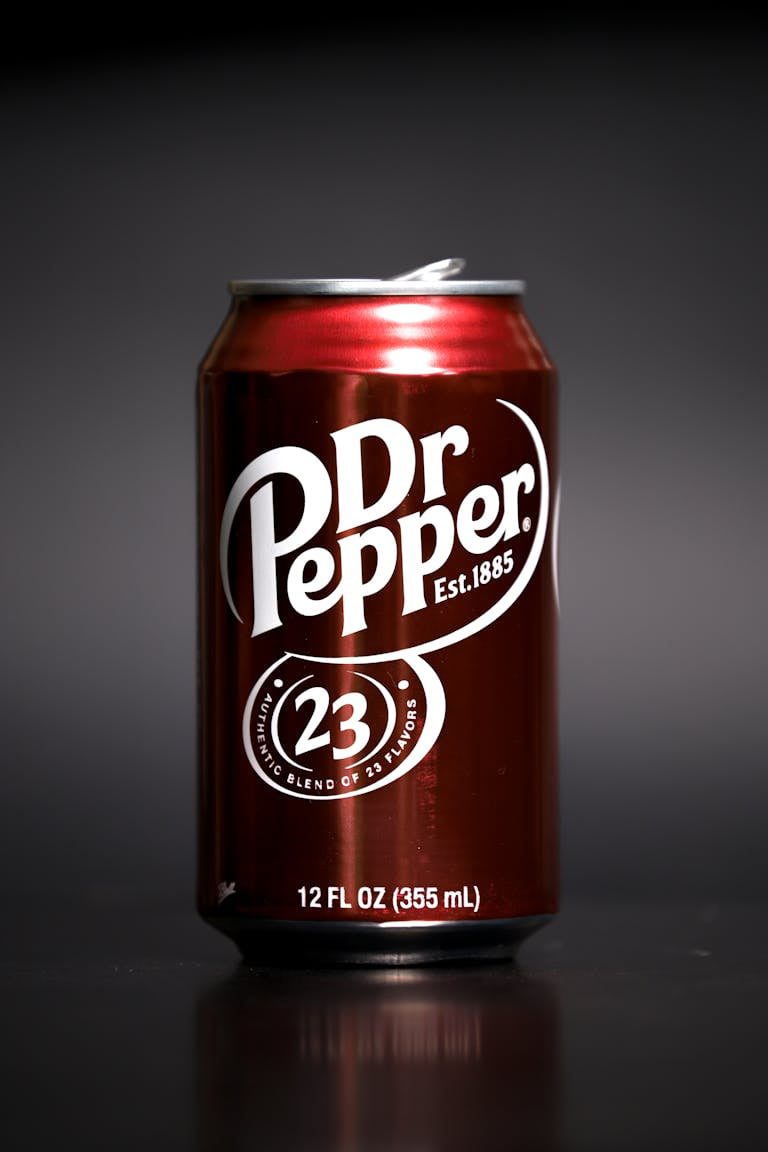✅ Is Beef Halal? A Complete Islamic Guide to Halal Beef Consumption
Beef is one of the most commonly consumed meats globally, but for Muslims, a crucial question arises: Is beef halal?
Yes, beef is halal if the cow is slaughtered according to Islamic guidelines and comes from a permissible source.
This comprehensive guide explains what makes beef halal or haram, explores Islamic legal sources, and offers practical tips for identifying halal beef.
🌺 What Does Halal Mean in Islam?
Before diving into the specifics of beef, it’s important to understand the concept of halal.
Halal (Arabic: حلال) means “permissible” or “lawful” in Islam. It refers to anything allowed under Islamic Shariah law.
In terms of food, halal considerations include:
- The type of animal being consumed
- The method of slaughter
- The handling and processing procedures
The opposite of halal is haram, which means “forbidden.”
📖 Islamic Proof: Quranic and Hadith References
Islamic texts offer clear guidance on what constitutes lawful meat.
From the Qur’an:
“O you who believe! Eat of the good things that We have provided for you, and be grateful to Allah if it is Him you worship.” — Qur’an 2:172
“So eat of that on which Allah’s name has been mentioned, if you are believers in His verses.” — Qur’an 6:118
From the Hadith:
The Prophet Muhammad (peace be upon him) said: “When the slaughtering is done and the name of Allah is mentioned, then eat.” — Sahih Bukhari
These sources emphasize both the spiritual and procedural aspects of halal consumption.
🐄 Is Beef Halal in Islam?

Islam permits the consumption of beef, but certain conditions must be fulfilled:
- The cow must be a permissible (halal) animal
- It must be slaughtered by a Muslim of sound mind
- The name of Allah (God) must be invoked at the time of slaughter
- The blood must be fully drained from the animal’s body
- The animal must be healthy and free from disease
These rulings are based on the Qur’an and Hadith.
“Forbidden to you (for food) are: dead meat, blood, the flesh of swine, and that on which hath been invoked the name of other than Allah…” — Qur’an 5:3
🔪 The Halal Slaughtering Process (Zabiha)
The method of slaughtering is vital to the halal status of beef. This process is known as Zabiha or Dhabihah.
Key Requirements of Zabiha:
- The slaughter must be performed by a Muslim.
- The name of Allah must be pronounced before or during the slaughter.
- A sharp knife must be used to ensure a swift, deep cut.
- The windpipe, esophagus, and jugular veins must be severed.
- The animal must be alive and healthy at the time of slaughter.
- The blood must be drained completely from the carcass.
This method aligns with Islamic values of mercy, hygiene, and respect for life.

🌍 Global Variations in Halal Certification
Not all halal-labeled beef meets the same standards. Different countries and certifying organizations follow varying protocols.
Trusted Halal Certification Bodies:
- JAKIM (Malaysia)
- HFA (United Kingdom)
- IFANCA (United States)
- SANHA (South Africa)
- HMC (Halal Monitoring Committee)
What to Watch Out For:
- “Halal” claims without reliable certification
- Beef processed in facilities handling haram products
- Risk of cross-contamination during packaging or transport
Always verify labels and buy from trusted sources.
🛒 How to Identify Halal Beef When Shopping
Follow these practical tips when purchasing halal beef:
- Check for recognized halal certification logos
- Buy from Muslim-owned butcher shops or halal markets
- Ask about the source and slaughtering process
- Avoid beef from unverified or non-certified suppliers
Many mainstream grocery stores now carry clearly marked halal meat sections.

❌ Common Misconceptions About Halal Beef
Misunderstandings around halal beef are widespread. Let’s clarify:
Myth vs. Truth:
- Myth: All beef is automatically halal.
Truth: Only if slaughtered by Islamic guidelines. - Myth: Machine slaughter is always halal.
Truth: Opinions differ; many scholars allow it only if Allah’s name is invoked before each cut. - Myth: Halal beef tastes different.
Truth: Taste is generally unaffected; differences arise from processing and seasoning.
🥩 Health Benefits of Eating Beef

Eating beef provides several health benefits when consumed as part of a balanced diet. Here are some key benefits:
1. High-Quality Protein
Beef is a rich source of high-quality protein, which is essential for muscle growth, tissue repair, and overall body function. It also supports the immune system and enzyme production.
2. Rich in Essential Vitamins and Minerals
Beef contains vital nutrients such as:
- Iron: Helps transport oxygen and prevents anemia.
- Zinc: Supports immune function and DNA synthesis.
- Vitamin B12: Crucial for nerve function and red blood cell formation.
3. Supports Muscle Mass

The protein in beef aids in maintaining and building muscle mass, which is important for strength and overall fitness.
4. Improves Bone Health
Beef contains calcium and phosphorus, key nutrients for strong and healthy bones.
5. Omega-3 Fatty Acids
Grass-fed beef is rich in omega-3 fatty acids, beneficial for heart health, reducing inflammation, and supporting brain function.
6. Boosts Energy Levels
The combination of protein, iron, and B vitamins in beef provides sustained energy, reducing fatigue.
7. Healthy Fats in Moderation
Lean cuts of beef provide healthy fats, such as monounsaturated fats, when consumed in moderation.
8. Promotes Satiety
Beef’s high protein content helps keep you fuller for longer, promoting weight management by preventing overeating.
While beef offers numerous health benefits, it’s important to choose lean cuts and prepare it in a healthy way, such as grilling or baking.

🧠 The Spiritual Importance of Eating Halal
Eating halal is more than a dietary preference — it’s a religious duty and part of a Muslim’s identity.
Why It Matters:
- Upholds spiritual purity
- Complies with divine commandments
- Ensures humane treatment of animals
- Promotes clean and healthy nutrition
Conscious halal eating reflects a commitment to living a God-conscious life.
🔎 What to Do If You’re Unsure About Halal Status
When in doubt, Muslims are encouraged to avoid questionable meat.
- Ask questions about sourcing and certification
- Look for trustworthy third-party certifications
- Choose safe over sorry — avoid uncertain products
“Leave that which makes you doubt for that which does not make you doubt.” — Tirmidhi
✅ Final Verdict: Is Beef Halal?
In conclusion, beef is indeed halal — but only under specific conditions outlined by Islamic law.
The animal must be slaughtered by a Muslim, with the name of Allah pronounced, and in accordance with the Zabiha method. Certification from reliable halal authorities, transparency in sourcing, and avoiding cross-contamination are equally crucial. When these requirements are met, Muslims can consume beef with full confidence that it aligns with their faith, values, and dietary obligations.
❓ Frequently Asked Questions (FAQs)
Is all beef sold in Muslim countries halal?
No. Always check for halal certification, even in Muslim-majority regions.
Can non-Muslims perform halal slaughter?
Generally no. Only Muslims (and in some views, People of the Book under specific conditions) are permitted to perform halal slaughter.
Is eating non-halal beef a sin?
Yes. Consuming haram food knowingly is considered sinful in Islam.
Does halal beef have health benefits?
Halal beef is often perceived as cleaner due to full blood drainage, which some believe reduces bacteria and toxins.
Is grass-fed or organic beef automatically halal?
No. While healthy, the slaughter method determines whether it is halal.







